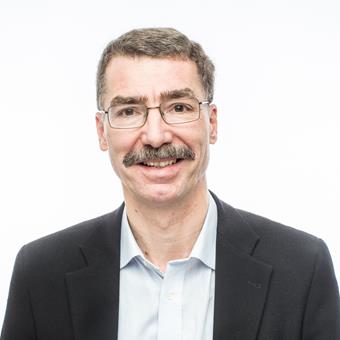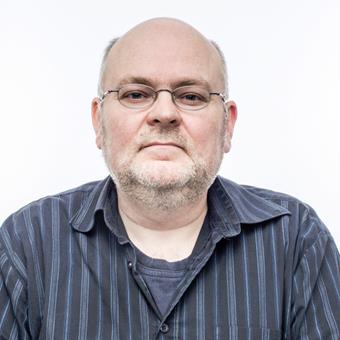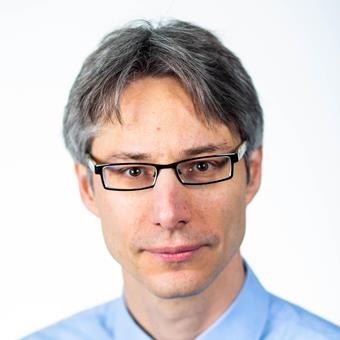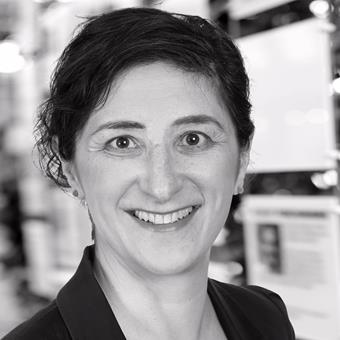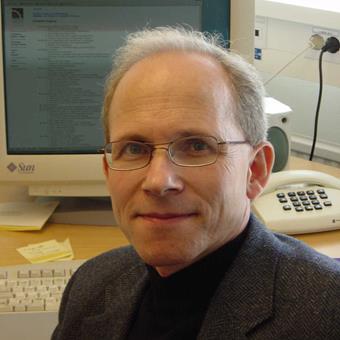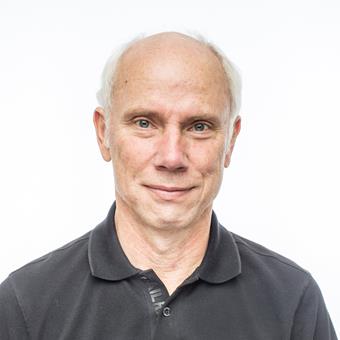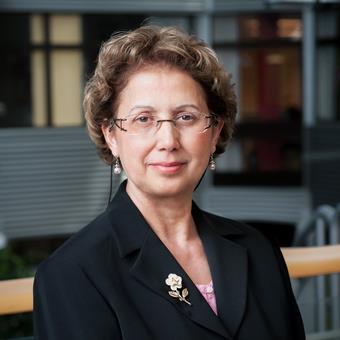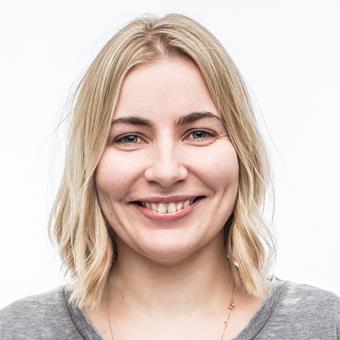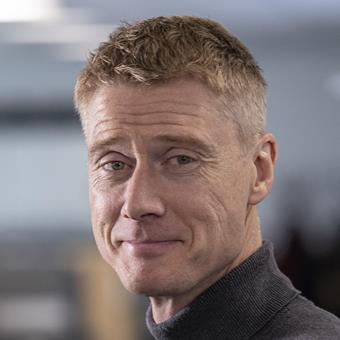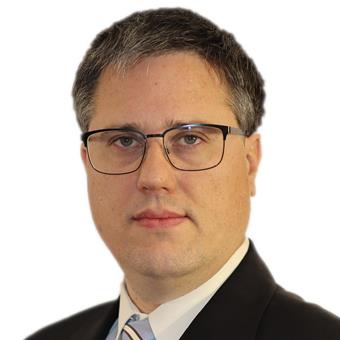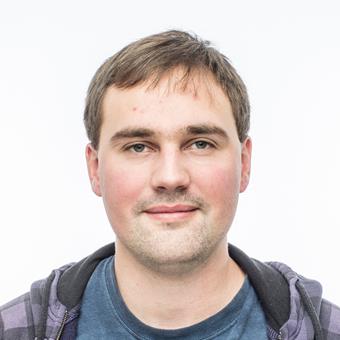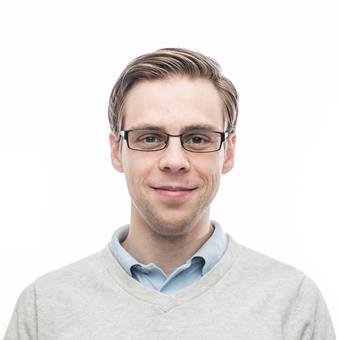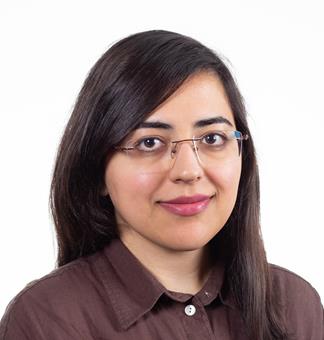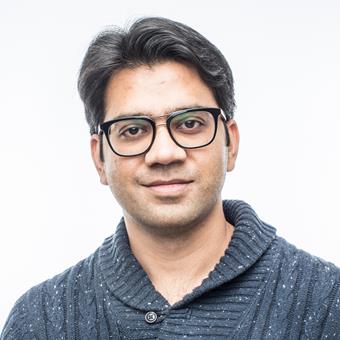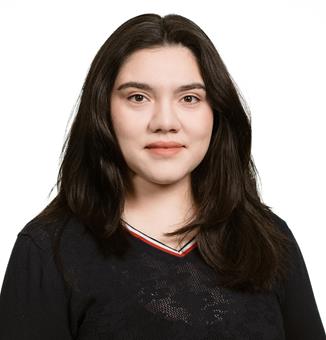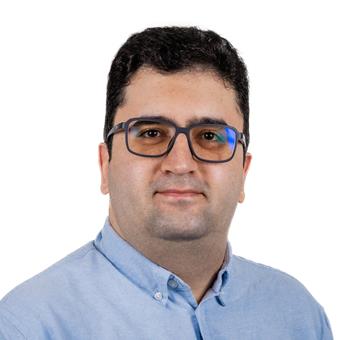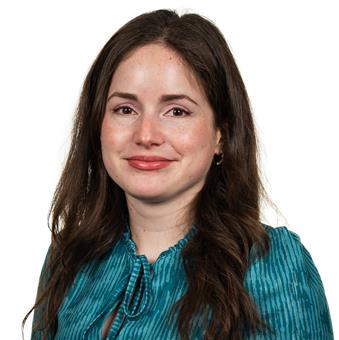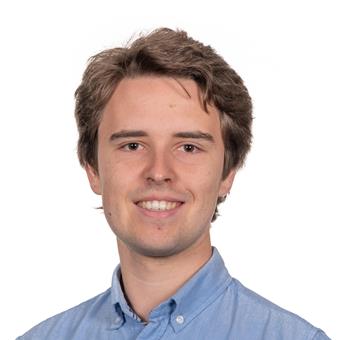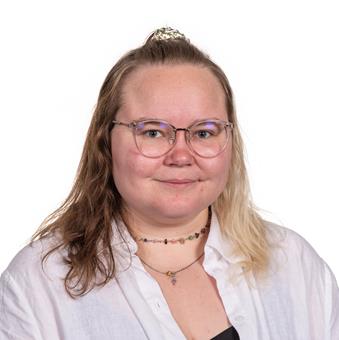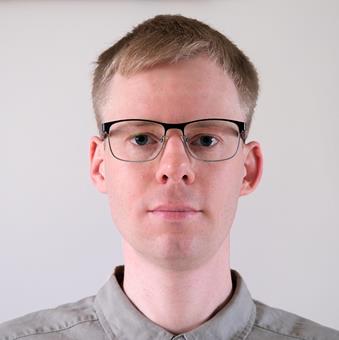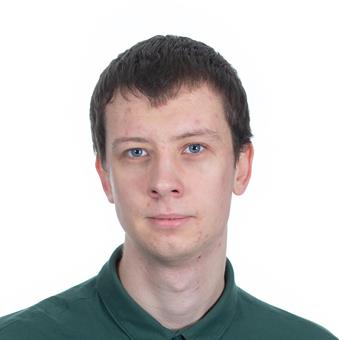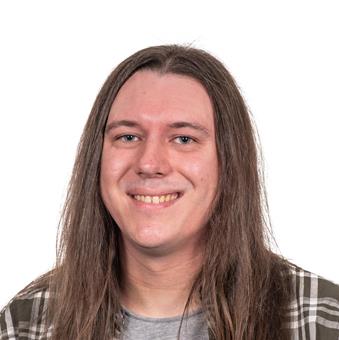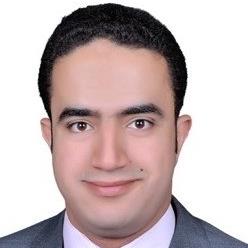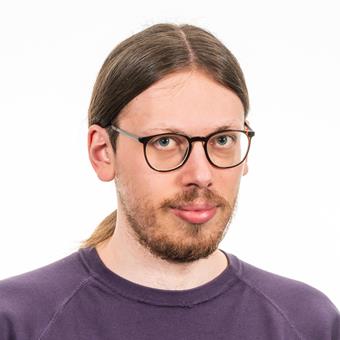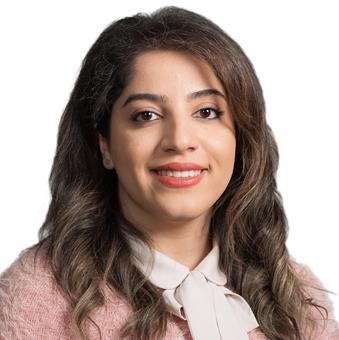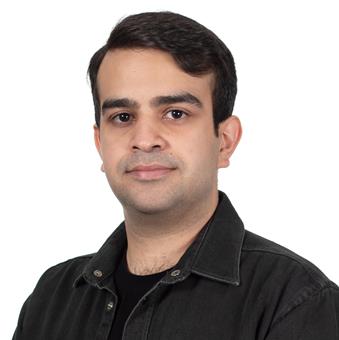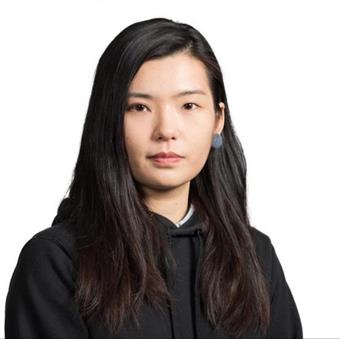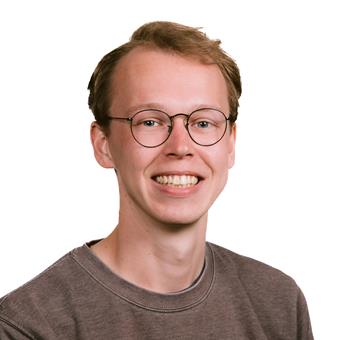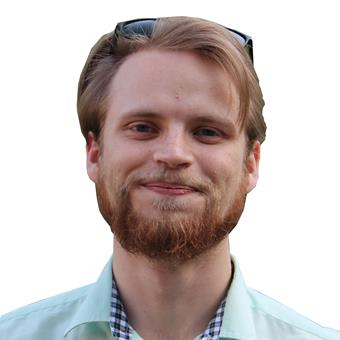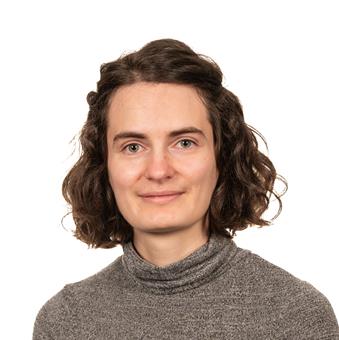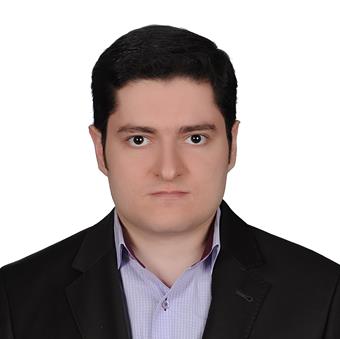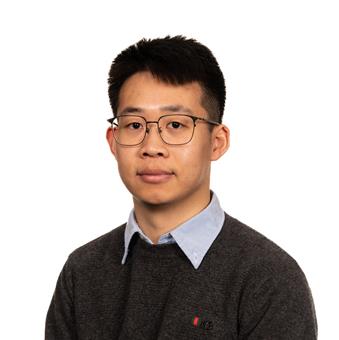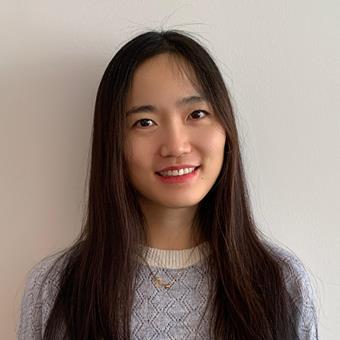Photo credit Jonas Järmen Research and education are conducted in the following areas:
- Software Engineering
- Programming Models and Environments
- Software and System Modelling and Simulation
- System Software
- Embedded/Cyberphysical Software/Hardware Systems
- Computer Systems Engineering
- Real-Time Systems and System Dependability
- Parallel and Distributed Software and Systems
- Software and System Verification and Testing
Research
The research activities covers both basic research and projects in cooperation with industry - projects are or have been conducted in cooperation with ABB Robotics, ABB Industrial Systems, Ericsson Softlab AB, Ericsson Radio Systems, Ericsson Telecom, SKF, Saab, Saab Dynamics, Saab Combitech and several other companies.
Photo credit Jonas Järmen
In addition, the research activities include several long-term open-source system development efforts, such as the OpenModelica framework for object-oriented equation-based modeling and simulation of cyberphysical systems, and the SkePU high-level programming framework for heterogeneous parallel systems.
Nine full professors, eight associate/assistant professors and several postdocs are involved in the research together with about 25 graduate students.
Photo credit Jonas Järmen
The SaS Seminars is a permanent series of open seminars with topics related to research at the division.
Research is conducted in the following laboratories
Embedded Systems (ESLAB)
Codesign and design for testability of embedded/cyberphysical hardware/software systems and formal methods for embedded systems.
Programming Environments (PELAB)
Software engineering tools and architectures, large-scale software engineering, model-based software engineering, programming languages and systems, including compilers, debuggers, testing tools, and programming tools for parallel, distributed and real-time systems.
KDMLAB
Education
The division accounts for a significant share of the department's comprehensive undergraduate and master-level education activities, operating about 70 undergraduate/master-level courses per year as well as providing final-thesis supervision.Doctoral studies are offered in the field of Computer Science.








